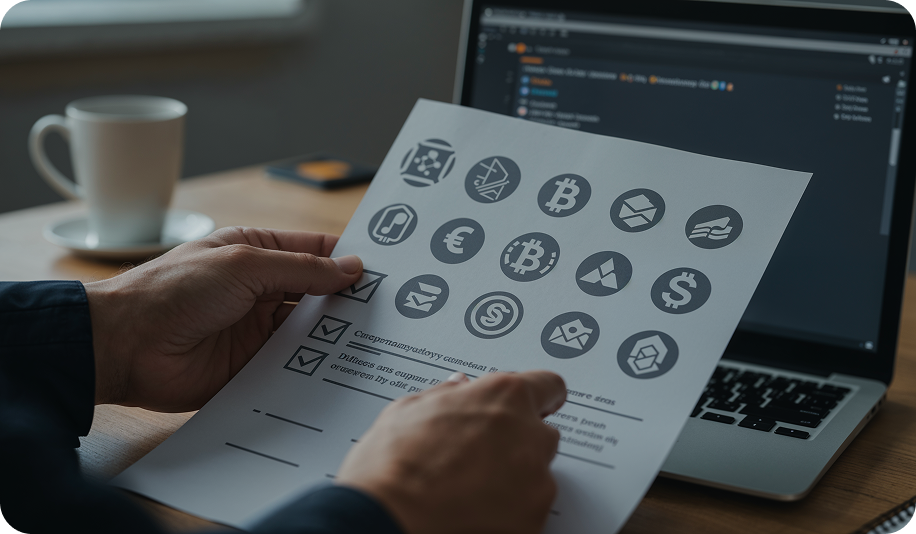
What You Need to Know Before Using Crypto: A Practical Knowledge Checklist for Beginners
This article was originally published on Next Magazine As cryptocurrency continues to move from the margins into everyday use, enabling payments, transfers, and digital ownership, more people are beginning to interact with it directly. But while access to crypto has become easier, understanding how it works remains essential. For those new to the space, it’s […]

This article was originally published on Next Magazine

As cryptocurrency continues to move from the margins into everyday use, enabling payments, transfers, and digital ownership, more people are beginning to interact with it directly. But while access to crypto has become easier, understanding how it works remains essential.
For those new to the space, it’s not about becoming a developer or blockchain expert. It’s about knowing enough to use crypto confidently, correctly, and securely. Bintense team breaks down of the core knowledge areas every new user should understand before sending or receiving digital assets.
Table of Contents
- What a Blockchain Does
- Wallets: Types, Functions, and Responsibilities
- How Transactions Work
- Basic On-Chain Safety and Fraud Awareness
- The Role of Exchanges and Conversion Tools
- Why This Knowledge Matters
- Learning Crypto at Your Own Pace
What a Blockchain Does
At the core of every cryptocurrency is a blockchain — a distributed ledger that records transactions across a network. It’s not just a buzzword; it determines how data is validated, stored, and protected.
Understanding how a blockchain confirms a transaction, what a block contains, and why decentralization is necessary can help users grasp why cryptocurrency is considered tamper-resistant and how it differs from traditional databases.
Wallets: Types, Functions, and Responsibilities
A crypto wallet doesn’t “store” coins in the way a bank account holds money. Instead, it manages the private keys that allow users to authorize transactions on the blockchain.
New users should understand the distinction between custodial and non-custodial wallets, how backup phrases (also known as seed phrases) function, and why private key management is a non-negotiable aspect of cryptocurrency security. Understanding wallets also reduces the risk of loss or unauthorized access.
